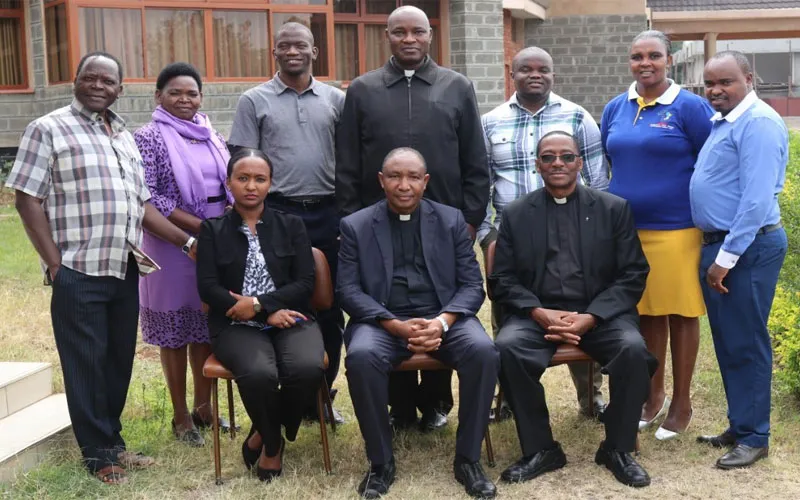Nakuru, 05 March, 2020 / 11:36 pm (ACI Africa).
A year after the inaugural global summit on the Protection of Minors in the Church that saw the Holy Father instruct Bishops’ conferences across the globe to review and strengthen child protection guidelines, the Association of Member Episcopal Conferences in Eastern Africa (AMECEA) has been having a three-day meeting aimed at assessing the progress and impact of the policies in the various member countries.
At the meeting, child protection officers drawn from various member conferences of Bishops within AMECEA region have, reporting on the progress of implementing child safeguarding policies, expressed their respective commitments to safeguarding children and vulnerable adults to put an end to “shedding tears.”
“After a year (since Rome Summit), we have taken some time to do a bit of self-monitoring, a self-evaluation as a region to see to ourselves how far we have managed to journey this road, which the mother Church has called us to journey with,” the Secretary General of AMECEA, Fr. Anthony Makunde said Tuesday, March 3 at the start of the meeting in Kenya’s Nakuru diocese.
Fr. Makunde said the meeting was convened as an opportunity for the Church within the AMECEA region to examine the extent to which “the process of safeguarding children and vulnerable adults” has been owned and highlighted the commitments on the part of the child protection officers deployed by various conferences.
“We are here to reaffirm our commitment to wipe up tears from the many faces of children within our commitments. We are here to stop more children from shedding tears; indeed, they have been shedding tears for too long a time,” Tanzanian-born Fr. Makunde told the ten Child Protection Officers drawn from seven of the eight Bishops’ conferences that constitute AMECEA.








